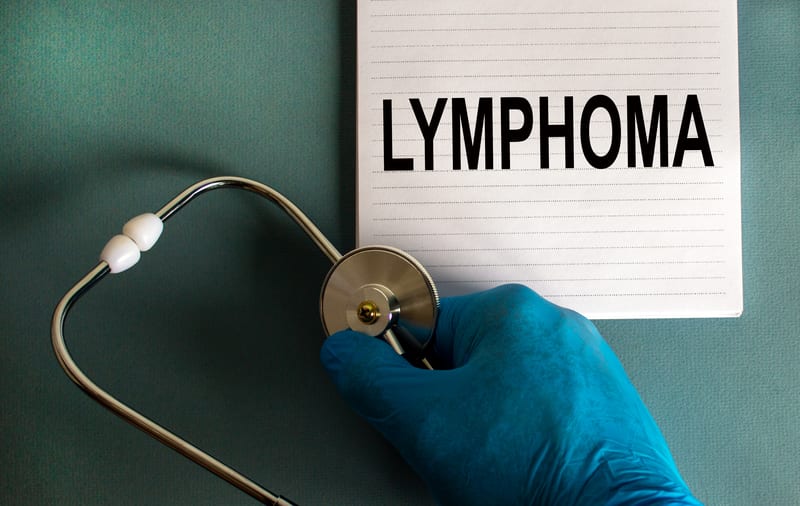Only about 1 out 7 American women have heard about breast implant-associated anaplastic large-cell lymphoma (BIA-ALCL) – an immune system cancer occurring in a small percentage of women with breast implants, according to a new survey.
Awareness increases to just over half among women who have breast implants, according to the new research by Justin M. Sacks, MD, MBA, and colleagues. Dr Sacks is Chief of the Division of Plastic and Reconstructive Surgery at Washington University in St. Louis and a member of the American Society of Plastic Surgeons.
“Our findings can help surgeons navigate the risks of BIA-ALCL with current and prospective patients and can guide future public education efforts on BIA-ALCL,” Dr. Sacks and coauthors write. The study appears in the July issue of Plastic and Reconstructive Surgery, the official medical journal of the American Society of Plastic Surgeons (ASPS), a media release from Wolters Kluwer Health notes.
Related Content:
Expert Discusses Implant-Associated Lymphoma
‘An Emerging Malignancy’: Cancer Linked to These Breast Implants No Longer ‘Rare,’ Data Suggests
Allergan Recalls Textured Breast Implants Worldwide
Five hundred American women responded to a crowdsourced survey assessing their knowledge and concerns about BIA-ALCL: a form of lymphoma that can develop around breast implants. Individual risk of BIA-ALCL is very low, estimated to occur in 1 in 3,000 to 12,000 women with textured breast implants (associated with a higher BIA-ALCL rate than smooth-surfaced implants). Yet more than 620 cases and at least 17 deaths from BIA-ALCL have been reported worldwide.
Particularly since a US Food and Drug Administration (FDA) update in 2019, several high-profile media outlets have reported on evolving knowledge of BIA-ALCL. Sacks and colleagues designed their survey to assess women’s knowledge and perceptions regarding BIA-ALCL and cosmetic/reconstructive breast implants.
Overall, just 13.6% of the women surveyed said they had heard of BIA-ALCL. Twelve percent of respondents had received breast implants – in this group, awareness of BIA-ALCL increased to 51.7%.
After receiving information about the risk of BIA-ALCL, about 58% of women said they would still be willing to receive a reconstructive breast implant, while 46% said they would be willing to undergo cosmetic breast implant placement. In contrast, about 36% of women reported they would be less likely to receive an implant.
Two-thirds of the women with breast implants “expressed some degree of concern” regarding BIA-ALCL. Thirty-five percent were “strongly considering removing their implants.” Currently, there is no recommendation to remove breast implants in women with no implant-related symptoms. (Symptoms of BIA-ALCL include swelling, a mass, or pain in the area of the breast implant, often many years after implant placement.)
Most women who had heard of BIA-ALCL got their information through the media and healthcare blogs.
“Our findings suggest that professional healthcare blogs and media outlets may be the most effective way to spread knowledge, particularly to those who are not in direct contact with healthcare professionals,” Sacks and colleagues write, in the release
The authors urge a proactive approach to communicating accurate information about this potentially serious, yet highly treatable cancer – especially to women who have undergone cosmetic or reconstructive surgery using breast implants.
Patients should be directed to up-to-date and authoritative sources of information: the ASPS maintains an information page about BIA-ALCL. The US Food and Drug Administration also has a “question and answer page” about BIA-ALCL.
[Source(s): Wolters Kluwer Health, EurekAlert]



